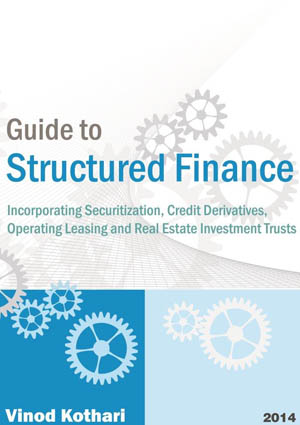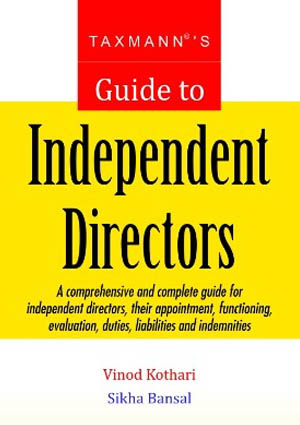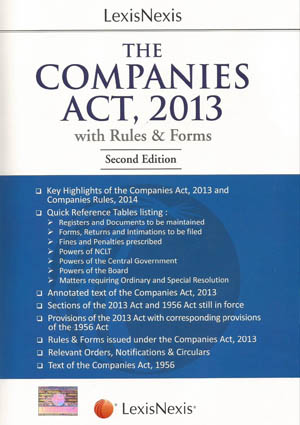Securitization
Securitization is the transformation of financial assets into securities. Securitization is used by financial entities to raise funding other than what is available via the traditional methods of on-balance-sheet funding.
This device that originated in the mortgage markets in the USA in 1970 and became popular in the 1980s as banks would try to take advantage of regulatory arbitrage possibilities. Regulatory arbitrage existed in that the regulatory capital requirements for securitized assets were much lesser than those in case of assets on the balance sheet. The development of accounting standards – FAS 77/ FAS 125 in the USA also greatly contributed to the development of securitization, by generally enabling off balance sheet treatment even if there were significant recourse obligations and retention of residual returns by the sellers. Thus, off balance sheet became easy way of doing banking business whereby banks will keep more assets off the balance sheet than on it.
During the period 2002-2006, securitization grew very rapidly, as subprime mortgage lending picked up. Bouyed by the low default rates with increasing housing prices, subprime lenders picked up excellent spreads, parcelled the loans in the market, and report handsome profits with limited risks. All this collapsed in 2007 as the subprime crisis set in. Several people blame securitization for the crisis – while the jury is out on this question, it is surely clear that leverage levels went to inordinate levels due to securitization.
Securitization appears to be reviving during 2012- 2013. It is apparently growing faster outside of USA than in USA lately. Securitization has now re-emerged as a refinancing instrument and is even being used by non-traditional entities such as furniture rental startups.
Securitization Workshops And Trainings
Our Securitisation workshops covers a broad spectrum of issues including motivations, legal issues, financial structure and cost of securitisation, accounting and taxation, regulatory capital, cash-flow modeling, documentation, investing in ABS, etc. Currently, the Securitisation Master Classes also include hot topics in structured finance like Covered Bonds.
Apart from the workshops, we also organize The Securitization Summit annually. This event sees the coming together of various stakeholders from the industry.
Our Consulting Experience In Securitisation
Apart from trainings, VKC has also worked with a number of reputed organizations in the world. Some of the prestigious projects that we have handled so far has been listed below:
- Structuring of low cost housing finance mortgage securitisation – Musa Capital, Johannesburg, South Africa.
- Advising Govt. of India on security interest enforcement laws, including mortgage laws – Tanmeyah Micro-enterprise Services.
- We are currently retained by National Housing Bank for promoting Covered Bonds in India.
- We were a part of a Working Committee formed by National Housing Bank to suggest measures for exploring capital market instruments in India and alternative instruments like Covered Bonds. We were instrumental in bringing the draft of the Covered Bonds regulation in India as well.
- We have recently acted as consultants for a Sri Lankan company on securitizing their pawn receivables. We have been engaged from structuring of the transaction to getting it through rating agencies and several other intermediaries involved.
- We have been a retainer to one of the rating agencies (CARE) in India. During our retainership, we have advised the client on their rating methodology, specific structured finance ratings proposals. The rating agency has rated several transactions of housing loan receivables too.
- Vinod Kothari has been on an Asian Development Bank consulting group to advise the Government of India on securitisation and enforcement of security interest laws in India. The group is responsible for suggesting comprehensive amendments to the SARFAESI Act in India to make securitisation and security enforcement laws effectively work in the country.
- Providing comprehensive consulting on securitisation of consumer finance receivables to Moccis, a company based in Malaysia. We adopted a hand holding approach to their securitisation effort including basic guidance, advising on the financial economics, structuring of their proposed securitisation, etc.
- Assisting the South African Revenue Service (income-tax department of South Africa) in preparation of a taxation manual for securitisation and synthetic securitisation transactions. We prepared a detailed guideline on securitisation and assisted them to prepare a taxation scheme to ensure tax neutral and yet robust taxation environment.
- Year-long retainership with Citibank for their securitisation activities in the country. During this term, we advised the bank on several securitisation transactions where Citibank was the structurer/investment banker.
- Advising Cognizant Technologies, IT Company headquartered in the USA, on structuring and modeling of residential mortgage backed transactions. Cognizant engaged us for a 6-month consulting contract for the modeling project that they envisaged for leading US banks (such as Deutche, Washington Mutual). This project required us to prepare detailed Excel models for real life securitisation transactions, primarily of residential mortgages, from the US market.
- Advising Infosys Technologies, a leading IT company, to set up the functional requirements for a securitisation module to be added to their software products. This assignment required us to take the company step by step through securitisation procedures and prepare cashflow models for various types of securitisation transactions.
- Advising GE Capital, a leading finance house, on several of their securitisation transactions. We have been engaged to vet and vouch information memoranda for securitisation transactions, check essential financial data, and advise the company on taxation and accounting requirements.










